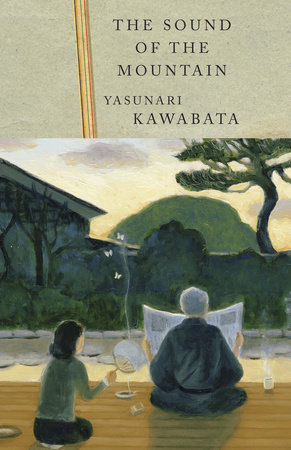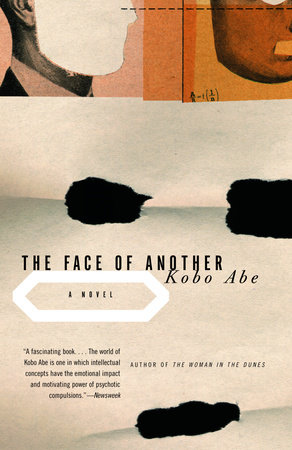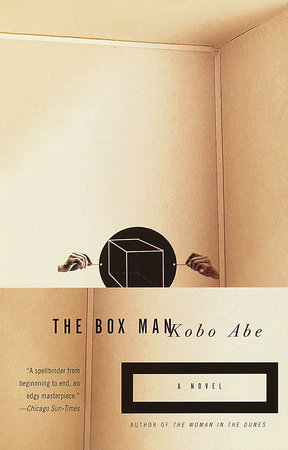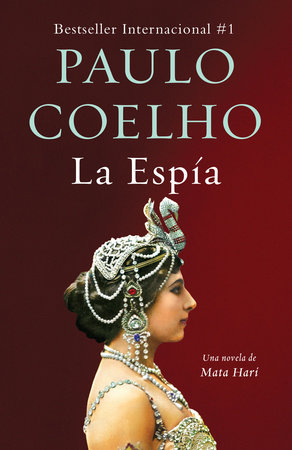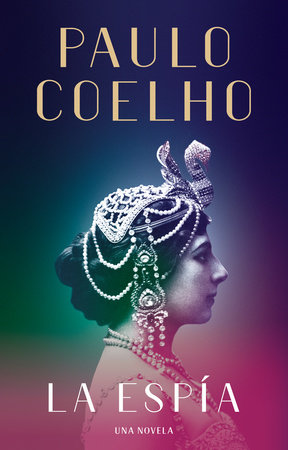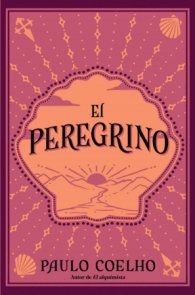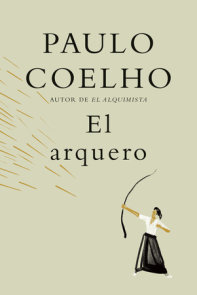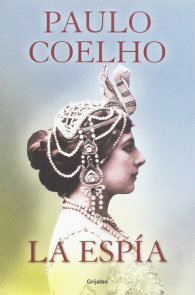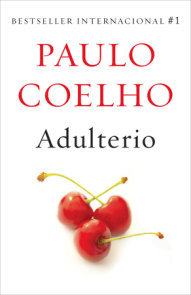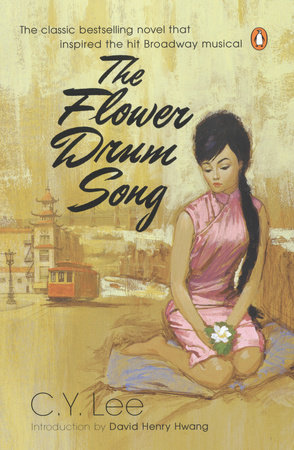Su único crimen fue ser una mujer independiente
En esta novela, Paulo Coelho, autor de los best-sellers El alquimista y Adulterio, da vida a una de las mujeres más enigmáticas de la historia: Mata Hari. La historia de su célebre pero misteriosa vida como bailarina exótica y cortesana, y su controvertida ejecución como espía durante la Primera Guerra Mundial, se desarrolla como una fascinante narración en primera persona de auto-creación y valentía.
Su único crimen fue ser una mujer independiente: “No sé si el futuro me recordará, pero si así fuera, tal vez nadie me vea nunca como una víctima, sino como alguien que avanzó con valentía y pagó el precio“. ella tenía que pagar “.
Con motivo del centenario de la ejecución de Mata Hari por espionaje en 1917, Paulo Coelho reconsidera su vida y su carácter en una memoria ficticia. En una serie de cartas, escritas desde la cárcel la víspera de su muerte, Mata Hari reflexiona sobre las decisiones que ha tomado para perseguir siempre su propia verdad, desde su infancia en una pequeña ciudad holandesa hasta los años infelices como esposa de un diplomática alcohólica en Java, hasta su ascenso calculado y auto-formado a la celebridad en París y en toda Europa como bailarina exótica y confidente de los hombres más poderosos de la época.
Aunque había poca evidencia para incriminarla, Mata Hari no pudo escapar de la persecución y el enjuiciamiento de la inteligencia militar francesa, y al final de la novela, Coelho recrea una carta final, escrita por el abogado de Mata Hari, Edouard Clunet, que ofrece un cautivador visión de Europa en guerra y el precio fatal de la sospecha.
ENGLISH DESCRIPTION
In this novel, Paulo Coelho, best-selling author of The Alchemist and Adultery, brings to life one of history’s most enigmatic women: Mata Hari. The story of her celebrated yet mysterious life as an exotic dancer and courtesan, and her controversial execution as a spy during the First World War unfolds as a fascinating first-person narrative of self-creation and bravery.
Her only crime was to be an independent woman: “I do not know if the future will remember me, but if it should, may no one ever view me as a victim, but as someone who moved forward with courage, and paid the price she had to pay.”
When Mata Hari arrived in Paris she was penniless. Within months she was the most celebrated woman in the city. As a dancer, she shocked and delighted audiences; as a courtesan, she bewitched the era’s richest and most powerful men. But as paranoia consumed a country at war, Mata Hari’s lifestyle brought her under suspicion. In 1917, she was arrested in her hotel room on the Champs Elysees, and accused of espionage.
In this work, Paulo Coelho reconsiders her life and character in a fictional memoir. In a series of letters, written from prison on the eve of her death, Mata Hari reflects on the choices she has made to always pursue her own truth–from her childhood in a small Dutch town, to unhappy years as the wife of an alcoholic diplomat in Java, to her calculated and self-fashioned rise to celebrity in Paris and across Europe as an exotic dancer and confidante to the most powerful men of the time. Though there was little evidence to incriminate her, Mata Hari was unable to escape persecution and prosecution by French military intelligence, and at the novel’s end, Coelho re-creates a final letter, written by Mata Hari’s lawer, Edouard Clunet, that offers a captivating view of Europe at war and the fatal price of suspicion. Told in Mata Hari’s voice through her final letter, The Spy is the unforgettable story of a woman who dared to defy convention and who paid the ultimate price.



